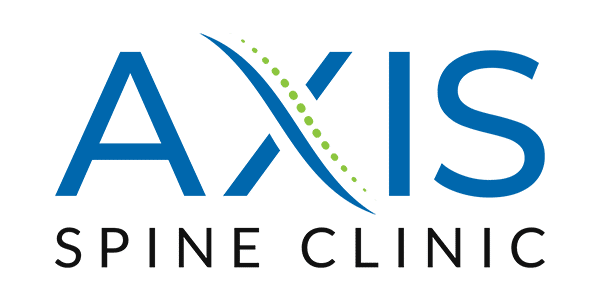Spinal stenosis is a condition that occurs when the spinal canal narrows, putting pressure on the spinal cord and nerves. It can occur in any part of the spine, but it is most common in the lumbar (lower back) region. Spinal stenosis compresses the nerves and causes pain, numbness, and weakness. While it cannot be cured, there are treatments available to help manage the symptoms, including spinal decompression surgery.
Symptoms of Spinal Stenosis
Symptoms of spinal stenosis can vary. Common symptoms are pain or discomfort in the back, legs, or arms. Other symptoms include numbness, tingling, and weakness.
In severe cases, it can also cause bladder or bowel dysfunction. These symptoms can be disruptive to daily life and make it difficult to perform everyday activities
Is spinal stenosis hereditary?
Spinal stenosis is not inherited. However, certain factors that contribute to its development may be passed down through families. For example, arthritis and scoliosis can raise the risk of developing spinal stenosis.
Can spinal stenosis cause dizziness?
Spinal stenosis itself is not known to cause dizziness. But the condition can be severe enough to compress nerves, which can lead to other symptoms such as numbness, tingling, or weakness. These symptoms can contribute to dizziness or loss of balance.
Can spinal stenosis cause hip pain?
Spinal stenosis can cause pain or discomfort in the hips, as well as other parts of the body. The narrowing of the spinal canal can compress nerves, leading to pain or discomfort in other parts of the body.
What is spinal decompression surgery?
Spinal decompression surgery is a procedure that aims to relieve pressure on the spinal cord or nerves by removing the cause of the compression. Different techniques can be used to perform the procedure. These techniques include minimally invasive procedures and open surgery. The choice depends on the patient’s individual needs.
Are there different types of spinal decompression surgery?
There are two main types of spinal decompression surgery: microdiscectomy and laminectomy.
Microdiscectomy
In a microdiscectomy, the surgeon removes the portion of the disc that is compressing the nerve root.
Laminectomy
During a laminectomy, the surgeon removes part of the lamina, which is the bony arch of the vertebra. This creates more space for the spinal cord and nerves.
Other types of spinal decompression surgery include
- Foraminotomy—A procedure that removes a portion of the bony opening (foramen) through which the nerve exits the spinal canal.
- Spinal Fusion—A procedure that permanently fuses two or more vertebrae to stabilize the spine and relieve pressure on the nerves.
Recovery Time and Success Rates
Recovery time following spinal decompression surgery depends on the individual patient and the type of surgery. Patients typically require a few days to a week of rest after surgery. Physical activity should be increased gradually, as tolerated. Pain and discomfort can be managed with pain medication prescribed by the surgeon.
Are you in need of spinal decompression surgery?
Spinal stenosis is a common condition that can cause various uncomfortable symptoms. While it cannot be cured, there are effective treatments available, including spinal decompression surgery. Dr. Berg has extensive experience and can provide tailored treatment options for each patient.
